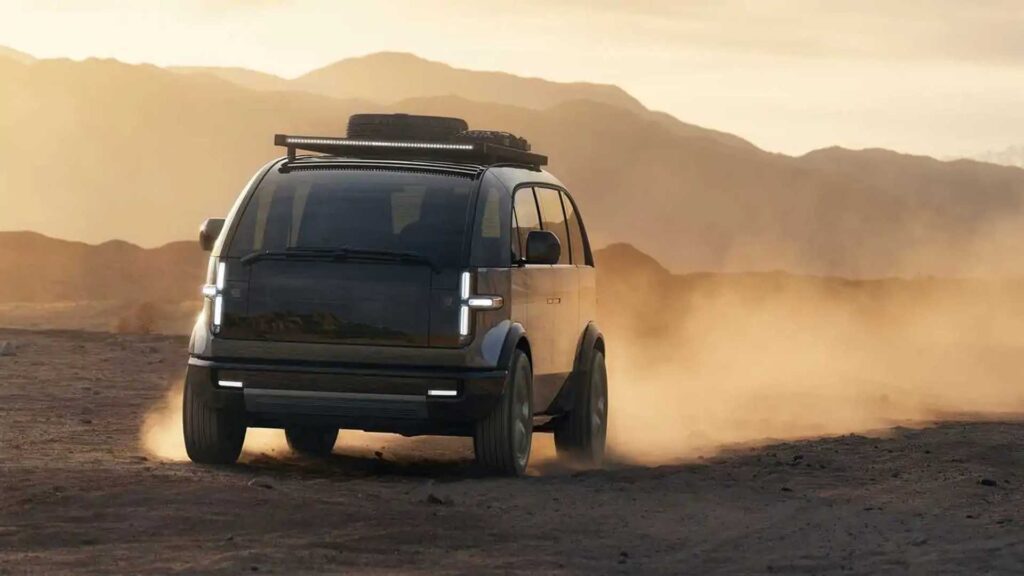Canoo, the electric vehicle startup that once showed great promise, has sadly filed for Chapter 7 bankruptcy. This comes after a series of setbacks, including the dismissal of its workforce over the last two months. Founded in 2017 under the name Evelozcity, Canoo employed around 800 people at its peak but struggled to turn a profit and relied heavily on loans to sustain its operations.
The company made headlines in November when it laid off a significant portion of its workforce, citing financial instability. This was followed by another round of layoffs in December, which signaled further trouble for the company. Now, Canoo has announced that it will liquidate all its assets to repay its debts and creditors, effectively ceasing operations.
CEO Tony Aquila expressed disappointment over the company’s downfall and thanked its employees for their dedication. Canoo had developed an innovative skateboard EV platform that could accommodate various body styles, attracting interest from major players like Hyundai. However, a partnership with Hyundai failed to materialize, contributing to Canoo’s financial woes.
Despite its challenges, Canoo had secured notable contracts, including supplying electric vans to the U.S. Postal Service and the Royal Mail for testing in their delivery fleets. The company’s manufacturing facility in Oklahoma City was poised to create over 1,100 jobs and boost the local economy.
While Canoo’s bankruptcy marks the end of its journey, it serves as a cautionary tale for the EV industry. Despite having a promising product and genuine interest from customers, securing sustainable funding and partnerships is crucial for long-term success in this competitive market. As the EV landscape continues to evolve, companies must navigate financial challenges and market dynamics to thrive in this rapidly changing industry.

